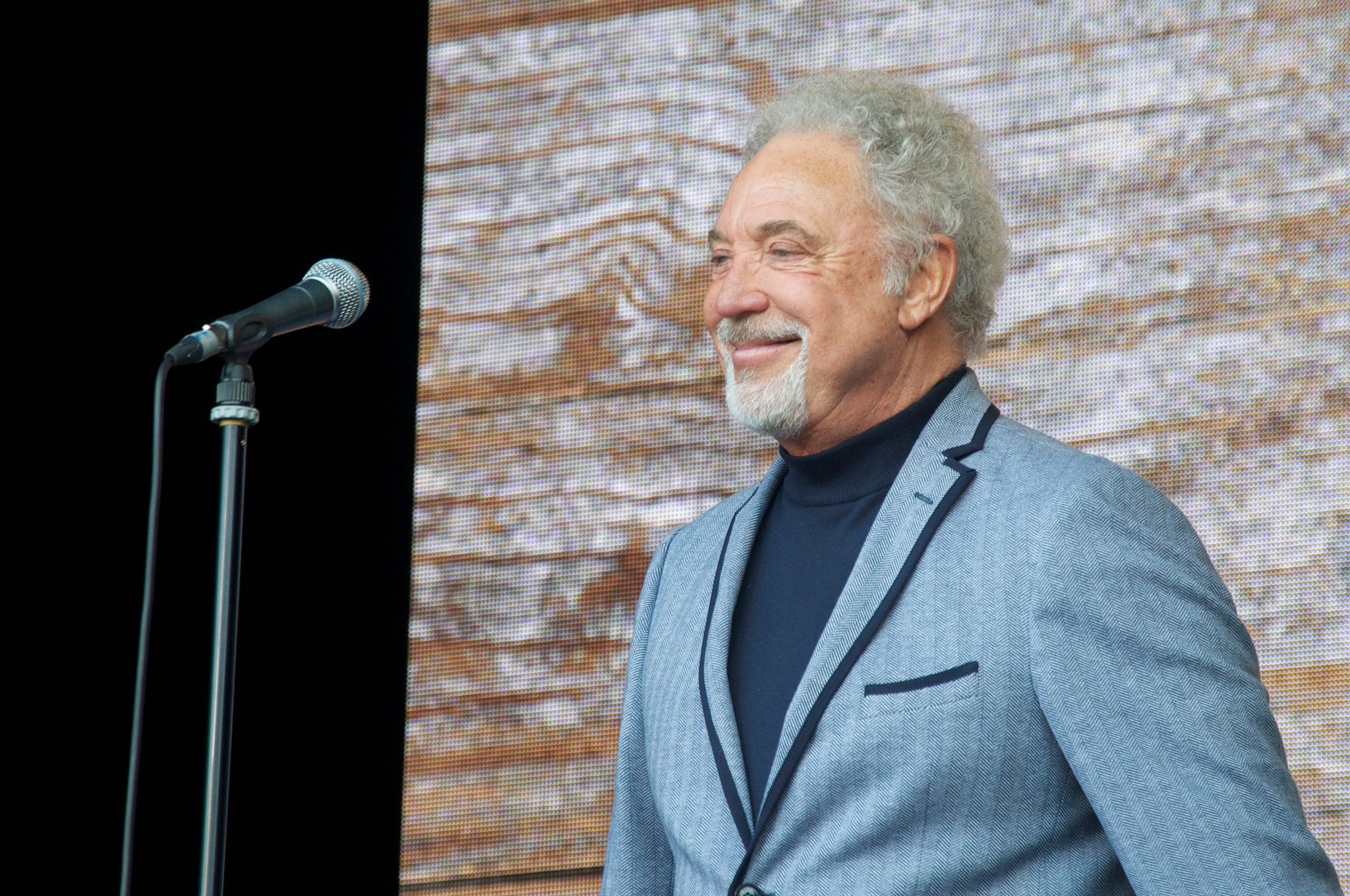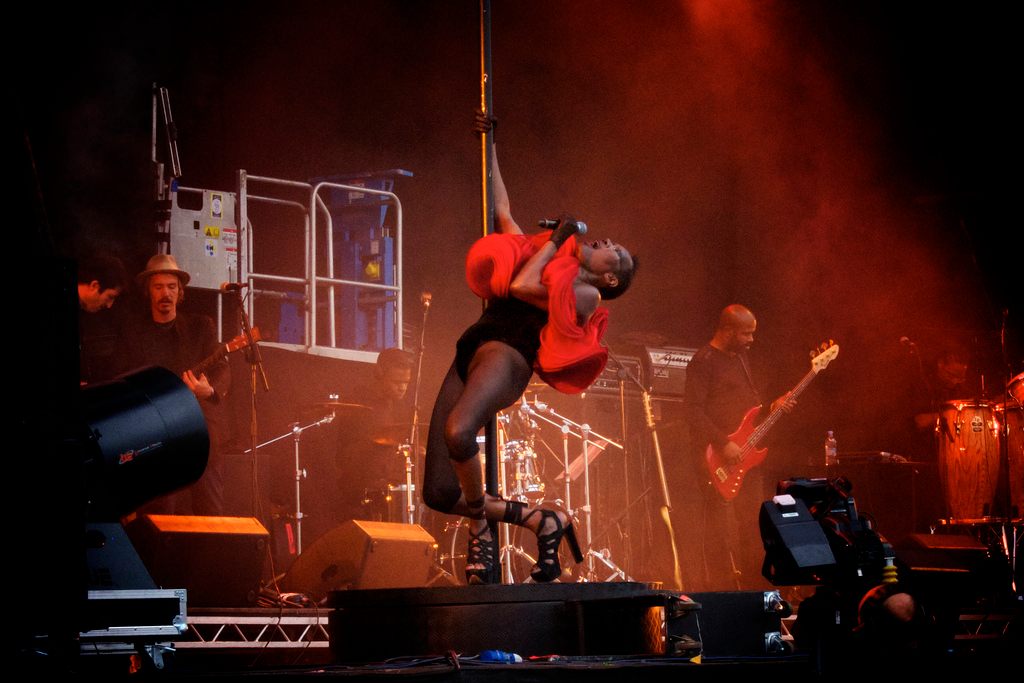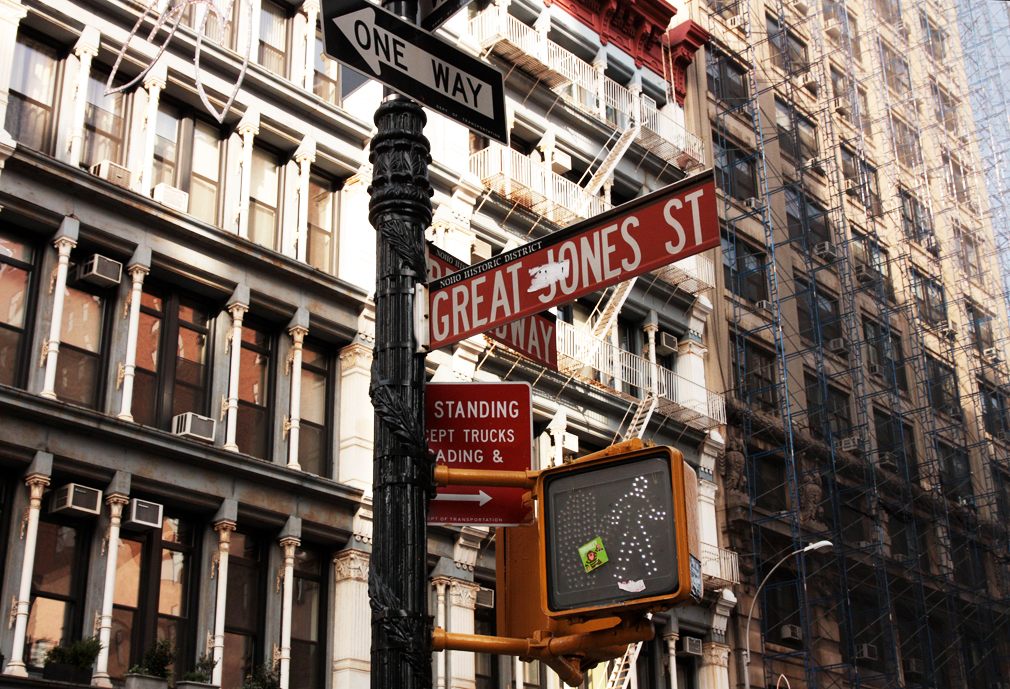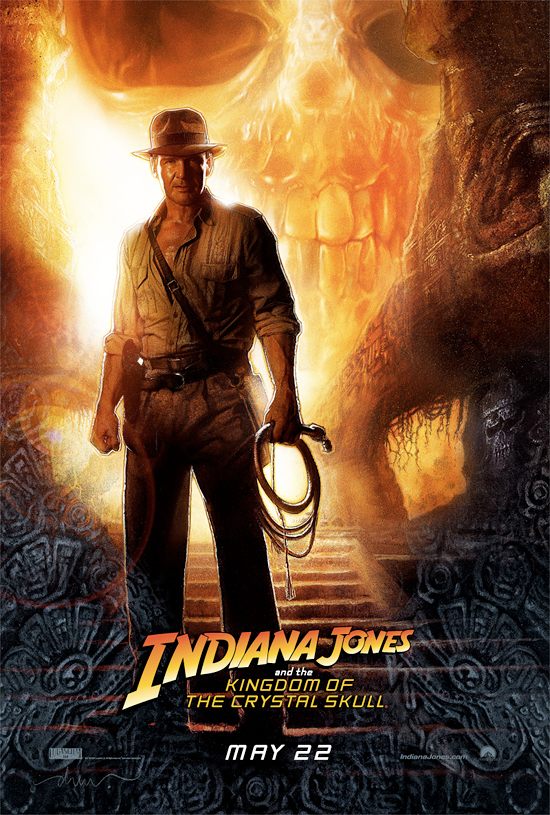How ‘Jones’ Became One of World’s Most Common Last Names

The Black Mountains, part of the Breacon Beacons National Park, in Wales, the Jones capital of the world. (Photo: Nick/flickr)
In 2006, 1,224 Joneses descended on the city of Cardiff in Wales with just one mission: to be themselves.
Upon arriving at the city’s Millennium Centre they were greeted with live performances by Grace Jones and the opera soprano Dame Gwyneth Jones. Video messages of support were sent by the actress Catherine Zeta-Jones and the singer Tom Jones. By the end of the evening they had successfully smashed the record for the largest gathering of people with the same surname in the world, more than doubling the previous effort held by a mustering of Norbergs in Sweden.
The choice of Wales for such a convocation was a no-brainer. Jones is one of the most popular surnames in the world but Wales is the Jones capital. Close to 15 percent of its population shares the surname, creating a veritable superabundance of Joneses in the small country. Indeed when Wales took part in the Six Nations Rugby Championship in 2008 there were seven players on the 15-man team called Jones, causing occasional difficulties for the commentators.

Tom Jones, one of the more famous Welsh Joneses. (Photo: Nick Webb/flickr)
We define ourselves by our names. They are the signifiers of our individuality, words chosen just for us, at birth. So what happened that allowed a Victorian genealogist to declare that the name Jones “is in Wales a perpetual incognito”? What’s it like living in a place, where, according to the same genealogist, someone calling out your name in the street “would indicate no one in particular”?
Up until the mid-15th century Wales blossomed with an astonishing variety of nomenclature. This was in part due to the 9th century Welsh king and all-round top chap, Hywel the Good, who declared that in order to own land, Welshmen had to trace their descendants back to the original holders of the land. With the addition of the handy participle “ap” (meaning “son of”) names became portable genealogies used to list a person’s forefathers. These patronymic names could run on almost indefinitely so that a handle such as ‘Iwan ap Gwalchmai ap Gruffud ap Milyr ap Llewelyn ap Gwasmihangel’ would not have been uncommon.

Grace Jones, who performed in 2006 in Cardiff as part of the attempted largest gathering of people with the same surname in the world. (Photo: Aurelien Guichard/flickr)
However these spittle-drenched ancestral roll calls were dealt a deathblow in 1536 when Henry VIII—himself hardly a model of cognominate originality—decided to incorporate Wales into neighboring England. The Act of Union that was drawn up declared that English would be the only language of the courts and that those using the Welsh language would be forbidden from holding public office. In the past parents who would have named their child after the ancient pagan heroes and gods of Wales, like Llywarch or Gwalchmai, were now forced to choose from a small basket of politically expedient Anglicized names like John and David.
Adding to the general anxiety felt around Wales’s baptismal fonts was the fact that Henry had just cleaved England from the Catholic Church, so kick-ass consonant-heavy Catholic devotional names like Gwasdewi (devotee of St. David) or Gwasmihangel (follower of the archangel Michael), were also ruled out. As Professor Prys Morgan, co-author of the essential bedtime read, Welsh Surnames, describes, the Welsh clung to the patronymic naming tradition, but this name had now to be fixed not added to with each generation. The popularity of John as a safe apolitical name—the Welsh language doesn’t even have a letter “J” in it–quickly saw Jones (“John’s son”) spread like wildfire through the valleys.

More Joneses: Catherine Zeta-Jones and Michael Douglas. (Photo: David Shankbone/WikiCommons CC BY 3.0)
For centuries the name Jones thus became a kind of anti-identity, a name that didn’t get you into trouble, a name whose ubiquity was itself a kind of anonymity.
This began to change in 1913 when the cartoonist Arthur “Pop” Momand created a comic strip called Keeping up with the Joneses. The strip dealt with the tribulations of modern American life and although the Joneses in the story are never seen, they are constantly alluded to. The phrase became shorthand for social climbing and the economic anxieties tied to what Thorstein Veblen termed “conspicuous consumption.” As such the name “Jones” became a sort of modern-day ”everyman”, a symbol of mankind’s contemporary foibles.

Great Jones Street in Manhattan. (Photo: Luca Vanzella/flickr)
In the early 1950s a further shift began to take place. The name Jones garnered increasingly exciting connotations. “Mr. Jones” was beatnik slang for a drug dealer, the name’s frequency providing a codename-like anonymity for illicit deals. Subsequently “Jonesing” came to mean a craving for heroin and then slowly morphed into any longing or craving. We now “jones” for a doughnut or for a soda. (Some suggest that “Jonesing” took its name from drug-addled Jones Alley in New York City). Picking up speed on the back of these hip street credentials the names Jones transformed itself even further. According to Cassell’s Dictionary of Slang, “jones” came to mean not only a Black person but also a euphemism for a penis, as memorialized in the squirm-inducing Frank Zappa song “Jones Crusher.” The name Jones had been square for so long it was now cool.

A famous fictional Jones: The poster for Indiana Jones and the Kingdom of the Crystal Skull. (Photo: suzie/flickr)
The appeal of Jones is built into the very word. Arthur Momand had originally planned on calling his comic strip, “Keeping Up With the Smiths” but had preferred “the Joneses” as being more euphonious. Indeed with its single stressed syllable that slides out of the mouth almost before it has begun, Jones became the perfect surname not for dullness but for adventure. Cleopatra Jones, Jessica Jones, Indiana Jones, Jughead Jones are all fictional characters of remarkable cool with names to match. In these names Jones acts as the solid straight man to the riotous first name, a mellifluous buddy riding shotgun on the appellation stagecoach.
But even in its ubiquity, Jones is by no means alone. In 2007, a gathering of 1488 Gallaghers in Letterkenny, Ireland, stole the record for the largest gathering of people with the same surname. Joneses still have reason to celebrate, though. What began as a name of subjugation and enforced anonymity slowly, over the course of half a millennia, became a name of funky, virile adventure.







Follow us on Twitter to get the latest on the world's hidden wonders.
Like us on Facebook to get the latest on the world's hidden wonders.
Follow us on Twitter Like us on Facebook